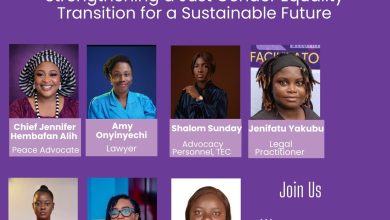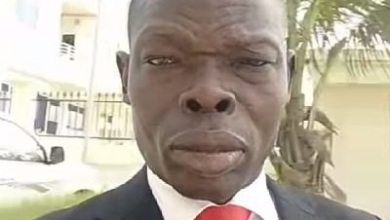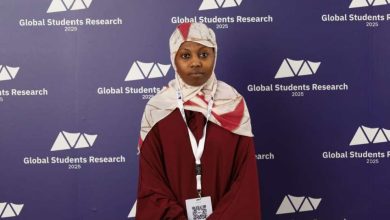
|
Getting your Trinity Audio player ready...
|
On Tuesday, Nov. 26, 2024, the Tabitha Empowerment Centre organised a community stakeholders’ dialogue at the palace of the ESU of Kpeyegyi, Abuja, marking a significant contribution to the global #16DaysofActivism campaign against Violence Against Women and Girls (VAWG). The event aimed to raise awareness, foster community engagement, and evaluate local approaches to addressing violence against women and girls.
A critical revelation from the dialogue was the use of scorecards, which highlighted a concerning statistic—less than 50% of participants were aware of issues surrounding violence against women and girls. This gap emphasised the urgent need for education and collective action.
Mr Gabriel Onyali, the AMAC Protection Officer of the National Agency for the Prohibition of Trafficking in Persons (NAPTIP), delivered a keynote on the essence of the 16 Days of Activism. He emphasised the importance of shared responsibility in addressing violence, urging all community members to participate actively in eradicating these societal ills.
A representative of the local vigilante group shed light on the challenges they face in tackling Sexual and Gender-Based Violence (SGBV). Despite their capacity to arrest offenders, their efforts often hit a roadblock when it comes to pursuing justice through formal channels.
In response, community chiefs highlighted how traditional norms are being leveraged to combat SGBV, citing examples like the banishment of perpetrators of incest. These practices, they noted, help deter offenders and uphold communal values.
The event brought together diverse participants, including the palace chairman, palace secretary, ethnic leaders, women leaders, traditional rulers, the chief imam, the chief pastor, and youths, reflecting the community’s commitment to an inclusive approach.





